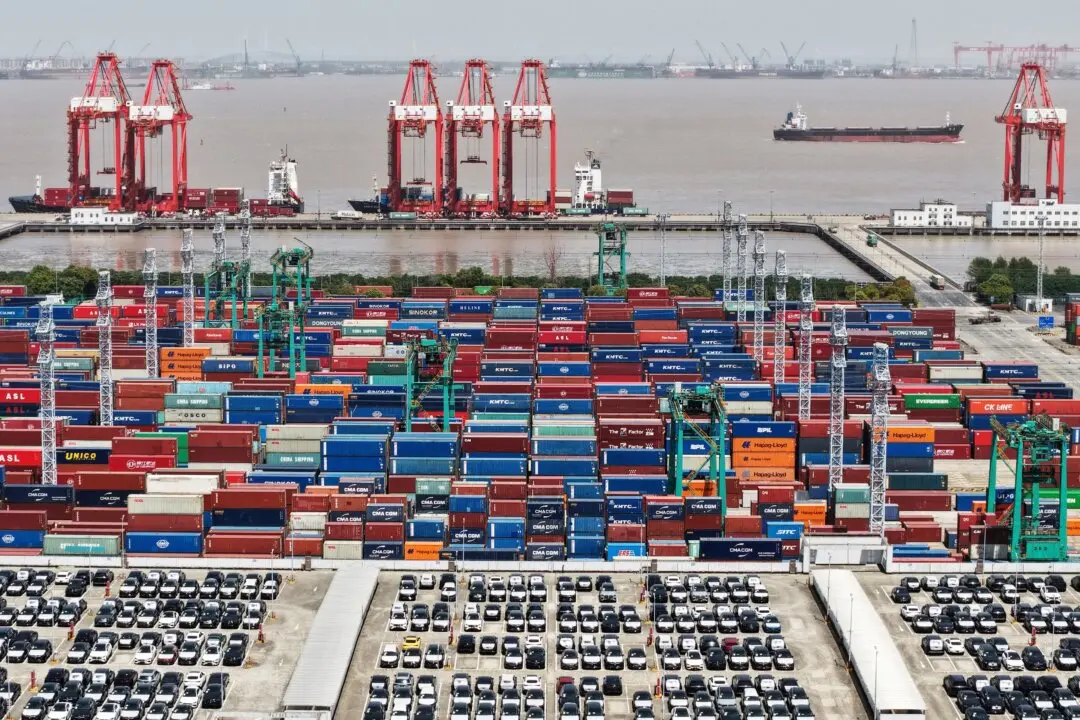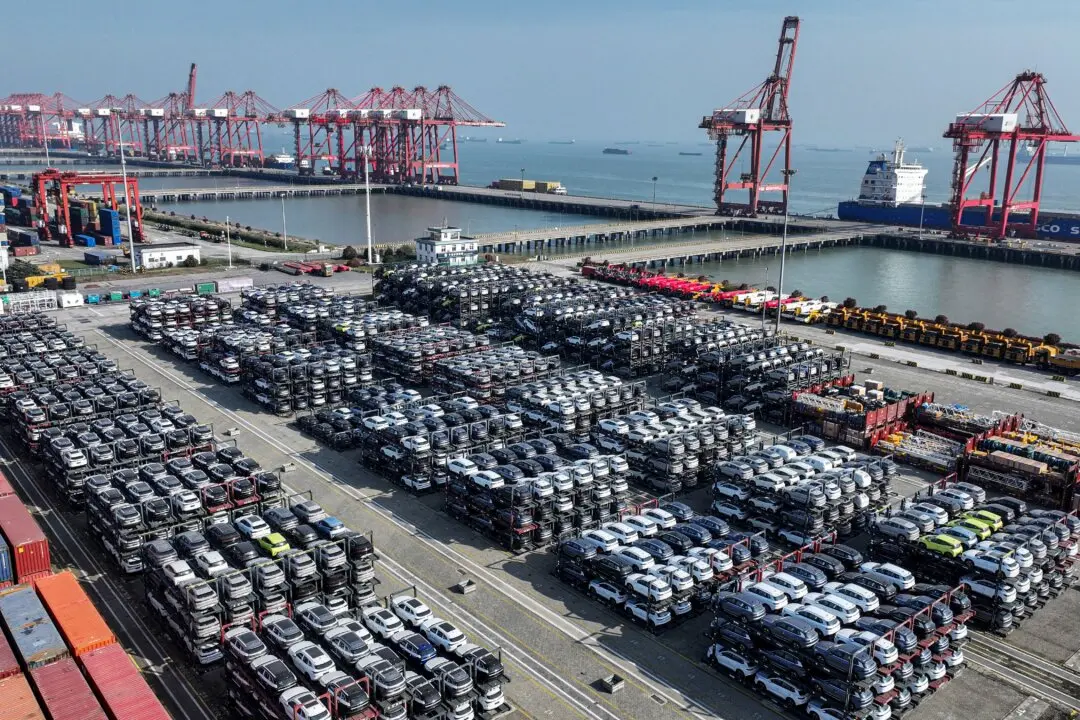Commentary
The Middle Kingdom’s population is aging. It has fewer young people to replace the retiring older generation, the one that manned the machinery of China’s huge advances since Deng Xiaoping abandoned Mao Zedong’s economic model. This demographic challenge presents China’s economy with a huge challenge. The problem is one of Beijing’s own making. It was after all Deng who promulgated the one-child policy that has so limited the supply of young workers. At this point, however, it matters less what caused the problem than that one exists. A shortage of young workers will tend to slow the pace of economic growth and development, and steal much of the dynamism that has thus far characterized Chinese economics.





